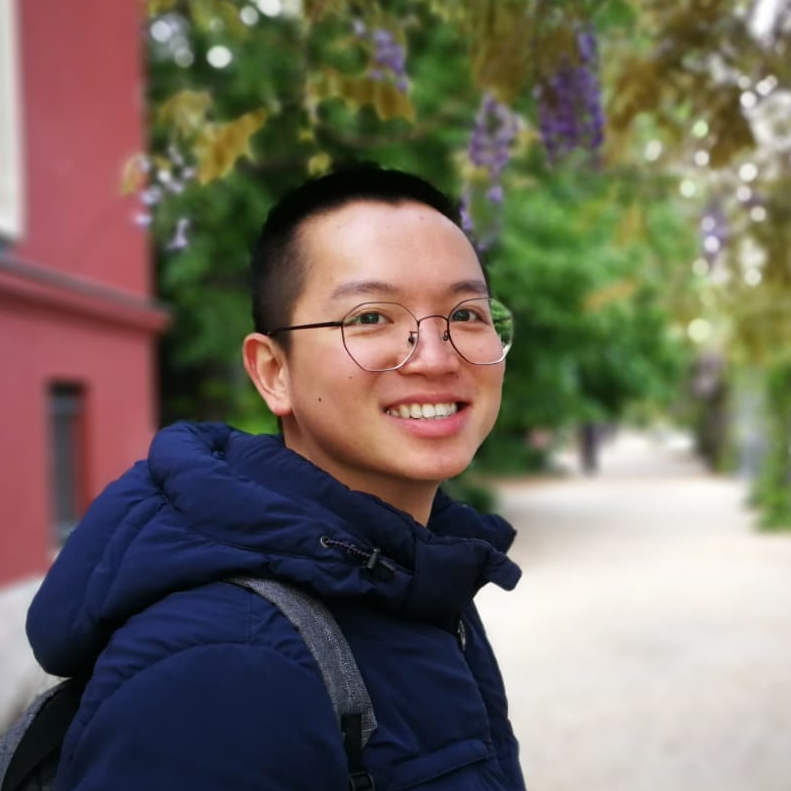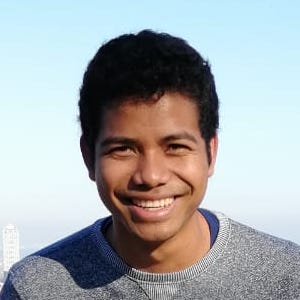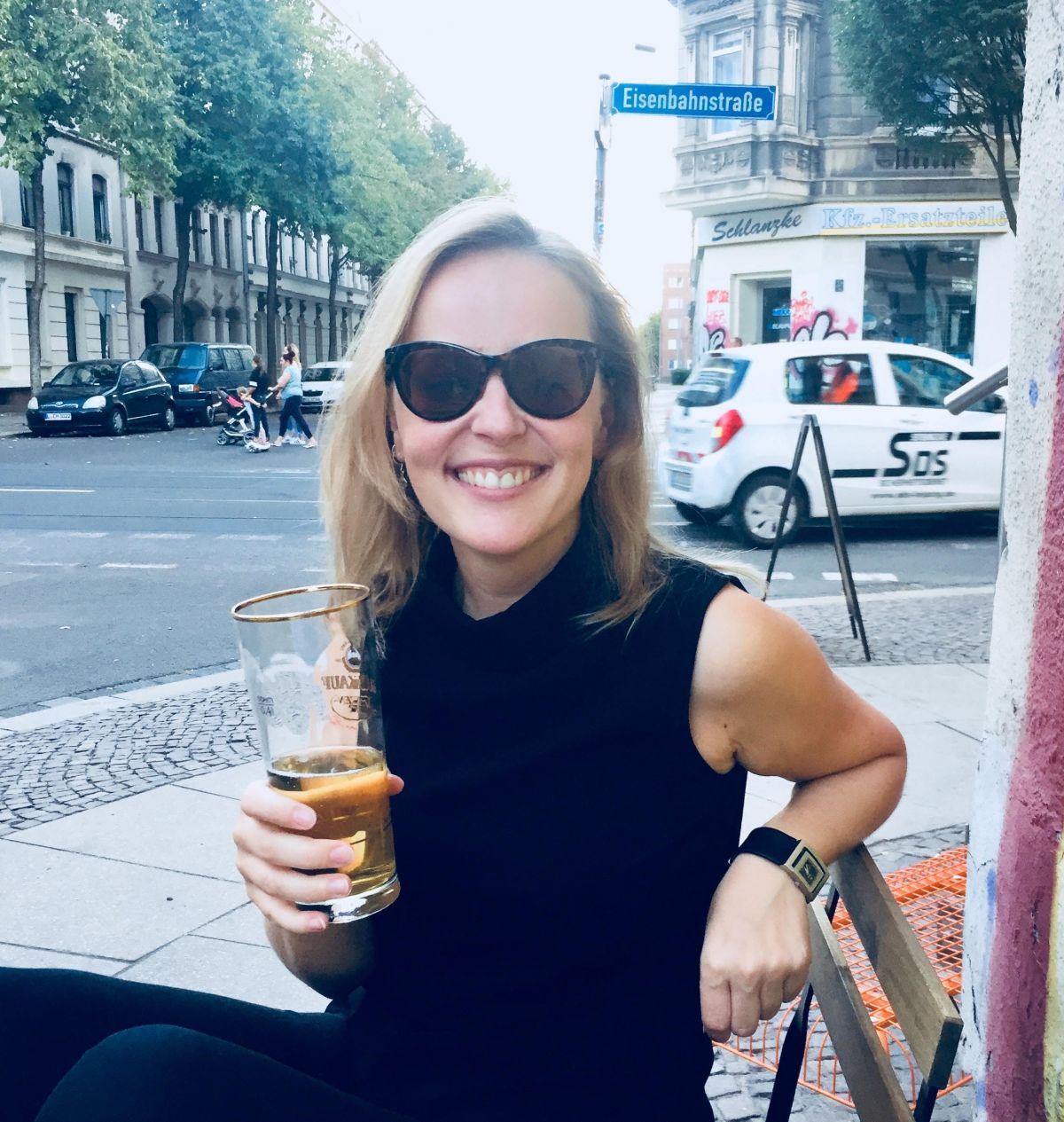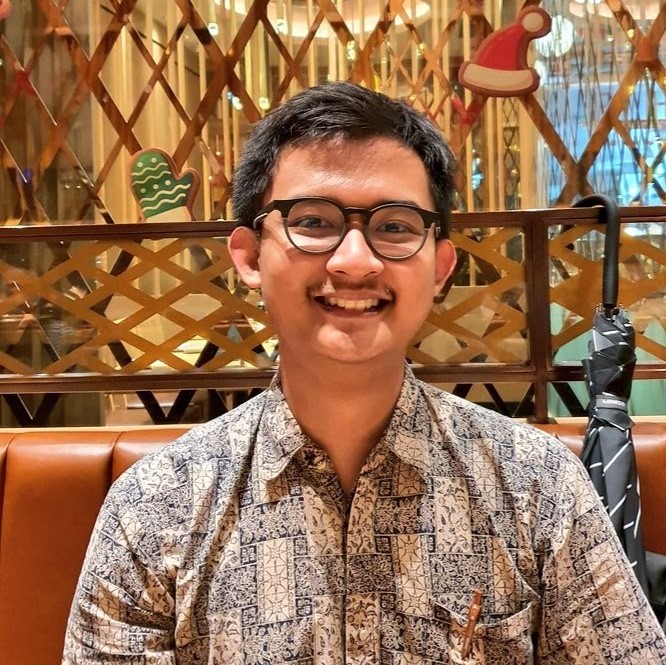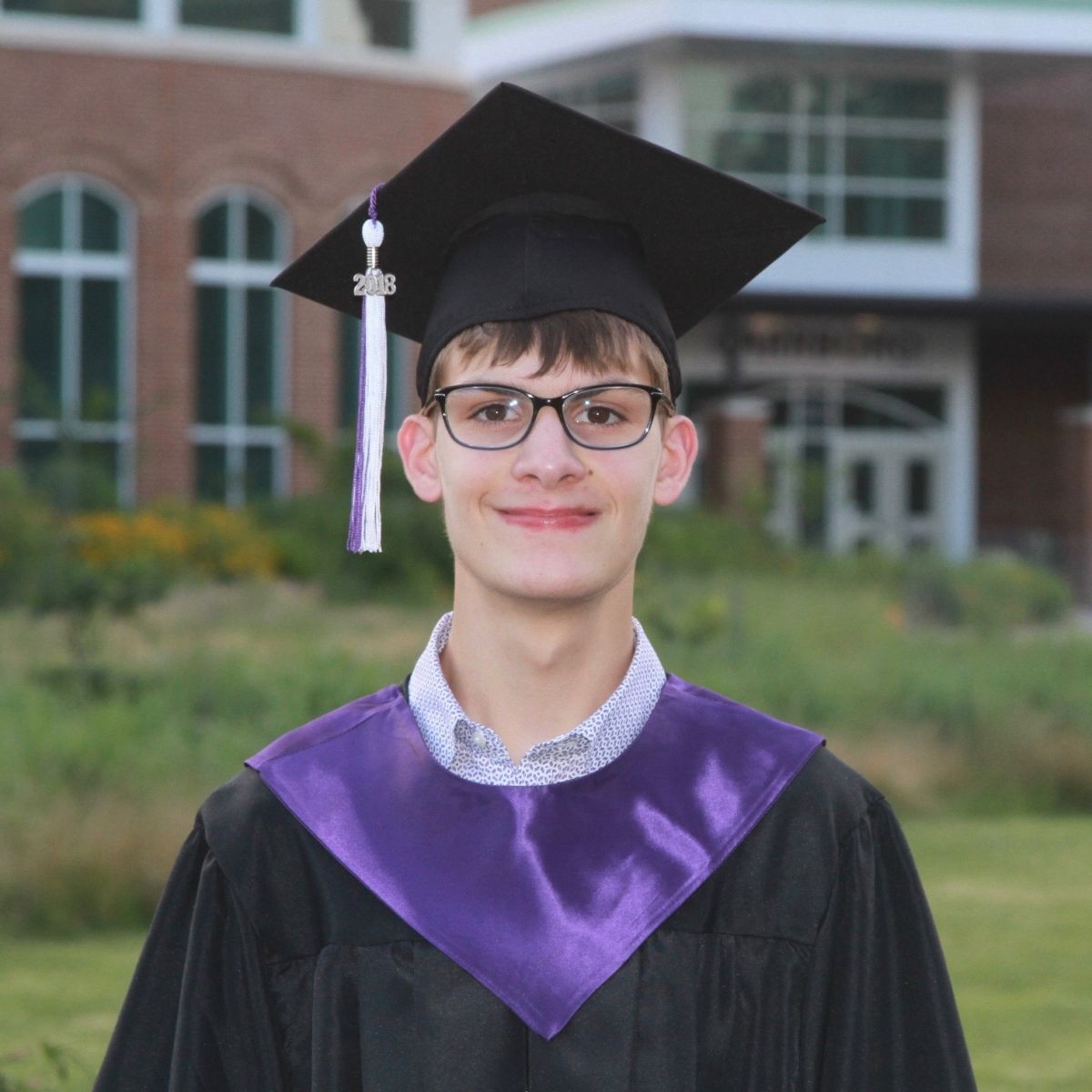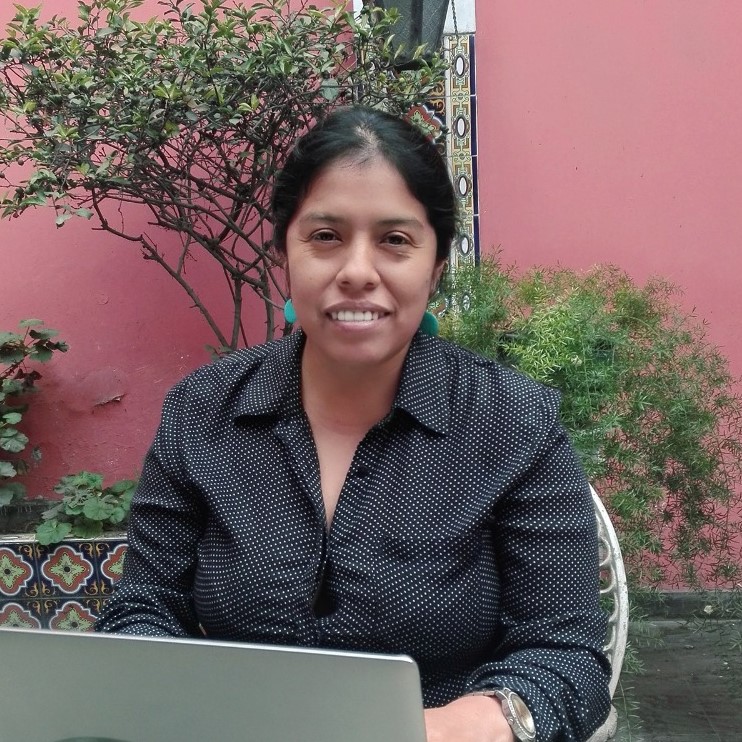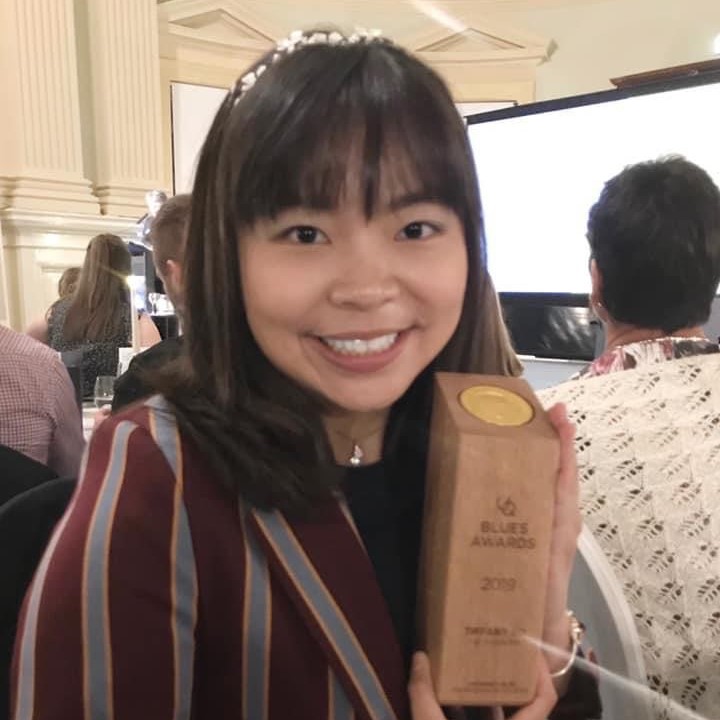Çin’in Kırsal Kesimleri Cinsellik Eğitimi İçin Hazırlanabilir
Bir köy okulundaki her öğrenciye cinsellik eğitimi vermek mümkün müdür? Nasıl mümkün olabileceğini duyunca şaşırabilirsiniz.
China, Eastern Asia
Hikâyenin yazarı: Zhihao Zhong. Çeviren: Tuğçe Atacı
Yayınlanma tarihi: January 25, 2021.
Bu hikâye şu dillerde de mevcut: 




Hikâyeyi dinleyin:
İnsanlar, yaygın Çin kültüründeki cinsellik eğitiminin tartışmalı doğası nedeniyle bunu kırsal kesimlerde uygulamanın şehirlerden daha zor olacağını düşünme eğilimindedir. Yine de kimse deneyene kadar emin olamaz.
Güney Çin’in Meizhou şehrinde [1] uzak bir köy ilkokulunda kararlı bir öğretmen olarak ilk girişimim 9 yaşlarında üçüncü sınıf öğrencilerinden gelen utanç çığlıklarıyla karşılandı. İlk ders sırasında, bu çocuklar bebeklerin nasıl oluştuğunu öğrendikleri bir çizgi film izlediler. Çizgi filmdeki cinsel organ görüntülerine karşı sert tepkileriyle karşılaştım. Bağırdılar, yüzlerini kapattılar ve masalara vurdular. İkinci derste cinsel organları tanıttığım zaman nasıl bir felaketle karşılaşacağımı hayal ediyordum.
Bir sonraki ders için olası aksamalara hazırlıklıydım. Cinsel organlarının isimlerini ezberleyebilen "harika grupları" ödüllendirmek için bir puan sistemi [2] tasarladım. Doğası gereği eğlenceli oyunlardan ve ödüllerden hoşlanan çocukların bana yardımcı olacağını umuyordum.
Sınıftaki yüksek sesler kaçınılmazdı, ancak bu sefer öğrenciler organların isimlerini cevaplamak için yarışıyorlardı. Hatta isimleri ezberleyebilmek için videoyu tekrar izlemek istediler. Çok sevindim, ama “Vajina! Vulva! Rahim!" diye haykırdıklarında sakin görünmeye çalıştım.
Daha katı muhafazakâr değerler beklediğimiz kırsal bir okulda bu nasıl mümkün olabilir? Benim de bir parçası olduğum Teach For China [3] adlı program öğretmenleri olmayan köy okullarına gönüllüler gönderiyor. Bu okullarda çalışan öğretmenlerin çoğu sistemden büyük ölçüde bağımsızlar. Bu nedenle dersleri esnek bir şekilde düzenleyebildim. Ancak okul müdürünün cinsellik eğitimi derslerine onay vermesi şaşırtıcıydı. Muhtemelen "hassas" ayrıntılardan bahsetmeyi unutmuştum.
Beklenmedik bir şekilde, öğrencilerin velilerinden herhangi bir tepki almadım. Bir öğrencinin annesi, nasıl ele alınacağını bilmedikleri bir şeyi anlattığım için ne kadar minnettar olduğunu dile getirdi. 8 yaşındaki kızı yanımızdan geçip “regl” diyene kadar annenin neyi kastettiği hakkında hiçbir fikrim yoktu. Ebeveynlerin rahatça telaffuz edemeyeceği bir kelimeydi "regl". Bu bana, cinsellik eğitimine karşı tepki olmamasının, öğrencilerin bu konuyu evde tartışma konusundaki isteksizliğine bağlı olduğunu hatırlattı. Cinsellik eğitimi okulda teşvik edilse bile aileler için hala hassas bir konuydu.
İki yıllık programda, cinsellik eğitimi dersi vermek için vekil öğretmen veya fen bilgisi öğretmeni olarak [4] elime geçen her fırsatı kullandım. Bütün altıncı sınıflara ders vermeyi başardım. Kendi sınıfımın öğrencileri cinsel saldırı, uykuda boşalma ve regl gibi ikincil cinsel özellikler ve cinsiyet eşitliğini kapsayan bir cinsellik eğitimi aldılar. Onlarla toplumsal cinsiyet ayrımı yapan ifadeleri açıklayarak cinsiyet etiketlerini kaldırdım, böylece kadınların ev işi sorumlulukları alması gibi klişeleri tespit etmeyi ve sorgulamayı öğrendiler.
Ders kitaplarımız toplumsal cinsiyet ayrımı yapan sayısız ifade içeriyordu. İngilizce derslerinde "erkek" ve "kız" kelimelerini öğrenirken, onlara giysinin sadece kendilerini ifade etmenin bir yolu olduğunu, ancak bunun mutlaka cinsiyet veya toplumsal cinsiyeti belirtmediğini öğretmek için anatomik resimler gösterdim. Dersin onlar üzerinde etkili olduğunu biliyordum çünkü diğer öğrencilerin saç stillerini ve kıyafet renklerini artık dışlamıyorlardı.
Gerçekten denemek o kadar da zor değildi. Hassas konuları tartışarak daha kolay hale getirebiliriz. Bir konuya tekrar tekrar maruz kalındıkça o konunun hassaslığı kaybolur. Zamanla öğrencilerim öğrendikleri hakkında rahatça konuşmaya başladılar. Bunun, ülkedeki siyasi söylem gibi diğer değişiklikler için bir anlamı olup olmadığını merak ediyorum. Göreceğiz.
[1] Meizhou, güney Çin'deki dağlık bir alanda Fujian eyaletinin sınırında bulunan Guangdong eyaletinin kuzeydoğusunda yer almaktadır.
[2] Öğrenim başarıları veya başkalarına yardım etme isteği için öğrenciler, benim ve bağışçı arkadaşlarım tarafından sağlanan kırtasiye ve eğlenceli oyunları "satın almalarına" olanak tanıyan puanlar alırlar.
[3] Teach for China, ortak köy okullarında iki yıllık eğitim için gönüllüleri organize eden bir programdır.
[4] Köy okullarında personel yetersizliği nedeniyle, öğretmenler genellikle diğer sanat ve fen konularını da işliyorlar.
Bu hikâye size ne hissettirdi?
Follow-up
Do you have any questions after reading this story? Do you want to follow-up on what you've just read? Get in touch with our team to learn more! Send an email to [email protected].
Bu hikâye hakkında yorum yapın
Please enable cookies to view the comments powered by Disqus.
Haber bültenimize üye olun
Haber bültenimize üye olarak Correspondents of the World platformundaki yeni hikâyelerden haberdar olun:
Diğer Türkçe hikâyeler
Diğer temaları keşfedin
Projemize siz de katılın
Correspondents of the World ile, gün geçtikçe küçülen ancak bir şekilde insanları birbirinden uzaklaştıran bir dünyada birbirimizi daha iyi anlamak adına adımlar atmak istiyoruz. Yanlış anlaşılmaların ve gereksiz yere hararetli tartışmaların ortaya çıkmasının en önemli nedenlerinden biri her birimizin küresel sorunlardan farklı şekilde etkilendiğini gerçekten anlayamamamızdan kaynaklanıyor.
Amacımız paylaştığımız bireysel hikâyelerle bunu değiştirmek
Dünya Çapında Bir Topluluk
Correspondents of the World sadece bu web sitesinden ibaret değil; aynı zamanda dünyanın her yerinden gelen büyük bir insan topluluğundan oluşuyor. Yüz yüze görüşmeler şu anda mümkün olmasa da, Facebook Grubumuz Correspondents of the World'e katkıda bulunan diğer insanlarla tanışmak için EN DOĞRU yer. Şu anda birbirimizi daha iyi tanımak için bir dizi online görüşmeler organize ediyoruz.











